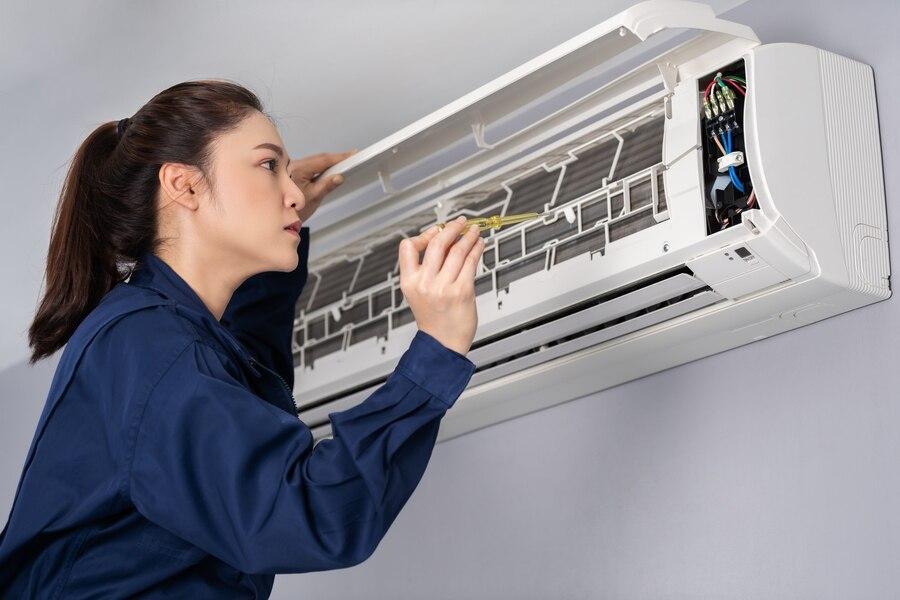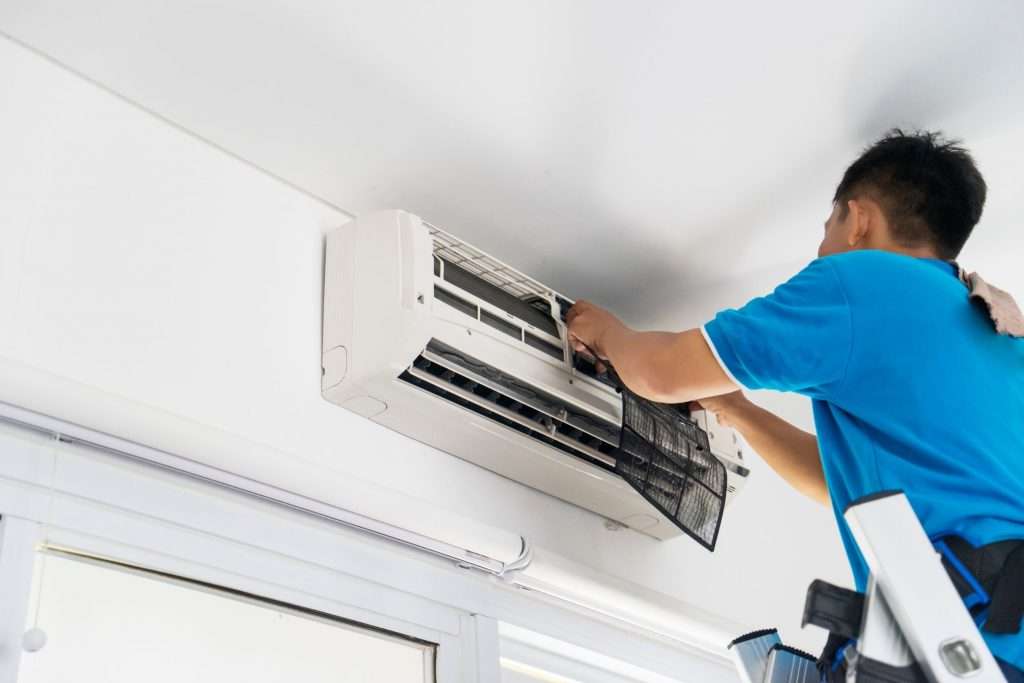Have you ever entered a room and noticed a musty smell coming from the air vents? This unpleasant odor can be a common issue in many homes and businesses. Understanding the causes of musty duct smell causes is essential to maintaining a healthy and pleasant environment. Let’s explore what leads to these odors and how you can address them effectively.

Understanding Musty Odors in Ducts
The presence of a musty odor in your ductwork can be both annoying and concerning. It often indicates underlying problems that need attention. These smells are commonly associated with mold, mildew, or other contaminants that have found their way into the duct system.
Why Do Ducts Develop Musty Smells?
The primary causes of musty duct smell causes include:
- Mold and Mildew Growth: Moisture trapped inside the ducts can lead to the growth of mold and mildew, contributing to the musty odor.
- Dust and Debris Accumulation: Over time, dust and debris can build up in the ducts, becoming a breeding ground for bacteria and other microorganisms.
- Water Leaks: Leaks from the HVAC system or elsewhere in the building can introduce moisture into the ducts.
Addressing Musty Duct Smells
Fortunately, there are several ways to address and prevent these odors:
Regular Maintenance and Cleaning
One of the most effective solutions is regular maintenance and cleaning of the HVAC system. Ensuring that the ducts are free from dust, debris, and moisture can significantly reduce the risk of musty smells. For more information on maintaining your ducts, you can visit maintenance tips.
Improving Ventilation
Proper ventilation helps in reducing moisture levels inside the ducts. Ensuring that your HVAC system is well-ventilated can prevent the growth of mold and mildew, thus avoiding musty odors.
Preventive Measures
Using Dehumidifiers
Dehumidifiers can help in controlling humidity levels, keeping the indoor air dry and reducing the chances of mold growth. Consider placing dehumidifiers in areas prone to moisture accumulation.
Sealing Duct Leaks
Inspect your ductwork for any leaks and seal them promptly. This prevents moisture from entering the ducts and causing musty smells. To learn more about sealing techniques, check out this guide.
When to Call a Professional
If the problem persists despite your best efforts, it may be time to call a professional. They can perform a thorough inspection and provide solutions tailored to your specific needs.
Choosing the Right HVAC Professional
Look for experienced HVAC professionals who have a good track record in dealing with duct odors. They can provide expert advice and service to ensure your ducts are free from musty smells.
Health Implications of Musty Smells
Ignoring musty odors in your ducts can have health implications. Mold spores and other contaminants can circulate through the air, leading to respiratory issues and allergies. It’s essential to address these odors promptly to maintain a healthy indoor environment.
Long-term Effects
Prolonged exposure to mold and mildew can lead to chronic health problems. Therefore, it is crucial to address the causes of musty duct smell causes as soon as they are detected.
Conclusion
Understanding and addressing the causes of musty duct smell causes is crucial for maintaining a pleasant and healthy environment in your home or business. Regular maintenance, proper ventilation, and timely professional intervention can help keep your ducts free from unpleasant odors.

FAQ
What are the signs of mold in ductwork?
Common signs include persistent musty odors, visible mold growth around vents, and increased allergy symptoms among building occupants.
How often should I clean my ducts?
It’s recommended to clean your ducts every 3-5 years, but this can vary based on your environment and HVAC usage.
Can musty odors affect my health?
Yes, musty odors can indicate mold presence, which can lead to respiratory issues and allergic reactions if not addressed.
For more detailed information on this topic, you can visit SuperTech HVAC.
This article contains affiliate links. We may earn a commission at no extra cost to you.